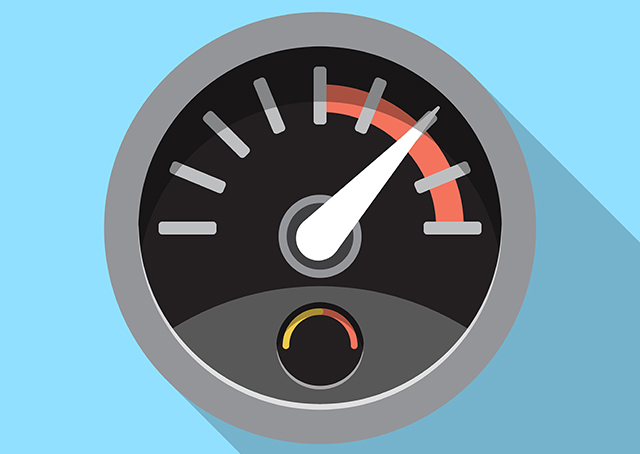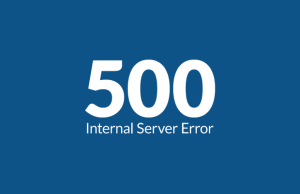Nothing is more annoying than a slow-speed website. A slow website not only hurts the end-user experience but it is also bad for search engine optimization (SEO). Like, it can cause your website to rank lower in search engine result pages (SERPs) that result to less traffic to the site and low amount of ad revenue or customer conversion. Research also shows that majority of people who view websites go back within ten seconds if websites have too much loading time. According to Google, perfect website loading time is below 1 second, while 2-3 seconds are considered average loading time for websites. Fast speed improves
Research also shows that majority of people who view websites go back within ten seconds if websites have too much loading time. According to Google, perfect website loading time is below 1 second, while 2-3 seconds are considered average loading time for websites. Fast speed improves
Research also shows that majority of people who view websites go back within ten seconds if websites have too much loading time. According to Google, perfect website loading time is below 1 second, while 2-3 seconds are considered average loading time for websites. Fast speed improves the overall performance of the website and also increases user satisfaction. So, if you want to have an influential online presence for your business, then you should put your efforts to speed up your website.
Here in this article, I’m providing some tips to improve your web page’s loading time. So, have a look at them!
Use a CDN Service
Content Delivery Network (CDN) is a service which improves a website’s loading time by decreasing the server load and offloading static resources such as theme, image, JS content, and CSS etc. Personally, I prefer MaxCDN because it can speed up a website to the great extent.
Minimize HTTP Requests
According to a Yahoo report, 80% of a web page’s load time is spent on downloading the different parts of the page, like scripts, stylesheets, images, flash and much more. An HTTP request consists of some of these elements, so the more on-page elements, the longer it takes for the page to load. Therefore, you should simplify the theme of your website.
Reduce the Number of Plugins
If your website has too many plugins, it’ll be slow down, as well as having security risks and causing crashes and other technical issues. So, it is important to reduce the number of plugins when you’re going to build a website.
Use a Clear Design
Using a clear theme or web design will also reduce your website’s loading time on computers and mobile devices too. If your site loads faster on portable devices such as smartphones, tabletsetc., then your website will see an improvement in traffic which will boost your site’s ranking in search engine pages.
Enable Caching
Browser caching also makes sure a much faster experience for your site users by storing a version of your site and serving them that version until your website is updated or until you instruct it to refresh the version of your website. In this way, enabling caching for a website can enhance its speed effectively and research reveals that enabling a full cache for a website can decrease the site’s loading time from 2.4 to 0.9 seconds.
Reduce Redirects
Another tip for speeding up your website is to reduce redirects on your site. Redirects create additional HTTP requests and become a cause of an increase in site’s loading time. Therefore, you should keep them to a minimum. Google recommends an HTTP redirect to send users with mobile users to ensure a responsive redirect that doesn’t affect the speed of your site:
Compress and Resize the Images
Normally the images used in websites are in .jpg or .gif format. No doubt, images can boost the aesthetic value of a website and make it more appealing for web browsers too. But it is little bit fact that it can also slow down the website. So, you should compress and resize the photos before putting them into your web pages. For resizing the images, don’t use the HTML because it requires the user to download the full-size image which also takes a lot of time.
Use minimal flash elements
If you’re looking for improving your website’s speed, use minimal flash elements. Though flash can give numerous benefits when incorporated within the site, here’s a tip; don’t over use it when it’s not necessary. The reason is that when you use too much flash elements, they can contribute a lot in making your site performance much slower.
Use CSS/HTML navigation
Another tip for site’s speed improvement is that you should avoid flash and Javascript navigation bars and buttons on your website. They are like small bits of software and many times they are not search engine friendly, so they take a longer time to load. Since most of the navigations are placed at the top of the page, that’s why they can seriously hamper the load speed of your website.
Upgrade web server
Last but not the least, if you’re observing that your site’s loading speed is getting slow, then you should consider your web server. If you have been using the same server for many years, you should upgrade it to improve the performance. It’ll surely effect on your site’s loading speed. So, contact a reliable web hosting company to upgrade your web hosting server.





